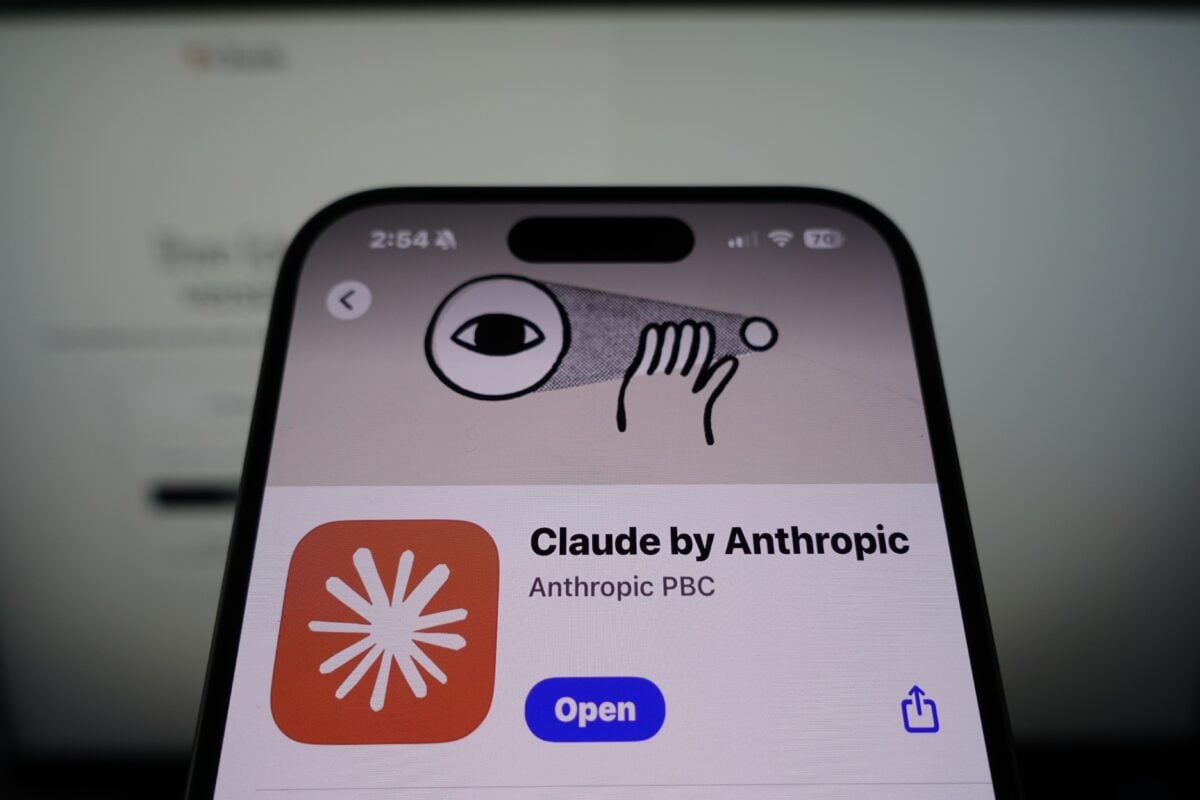TLDRs:
- New AI models GPT-5 and Claude trigger concerns about Europe’s software sector facing rapid disruption.
- Industry leaders SAP, Dassault, and LSEG risk losing competitive edge as AI automates core business functions.
- Europe’s structural innovation gaps leave its tech firms more vulnerable to AI-driven market changes.
- Mixed data on AI’s productivity impact adds to uncertainty over winners and losers in the sector.
The unveiling of OpenAI’s GPT-5 and Anthropic’s Claude for Financial Services has sparked deep unease in Europe’s software industry, with investors and executives worried about the pace of AI-driven disruption.
The two advanced AI models, capable of automating complex data, analytics, and financial operations, have intensified questions about the future of long-established European tech players.
Companies such as Germany’s SAP, France’s Dassault Systemes, and the London Stock Exchange Group (LSEG) face the prospect of their traditional revenue streams being eroded as AI tools replicate and enhance services they have provided for decades.
Legacy markets face automation risk
Europe’s software sector already suffers from structural weaknesses that make it more exposed to emerging AI threats.
According to a McKinsey study, only 1% of European firms qualify as “scale-ups,” compared to much higher rates in the US. This limited growth capacity is compounded by weaker R&D investment relative to the US and China, leaving companies reliant on legacy market advantages rather than groundbreaking innovation.
Germany, the UK, France, Italy, and Spain generate over 86% of Europe’s software revenues, but much of this comes from established, traditional software markets, precisely the areas AI is now primed to automate.
Mixed data fuels disruption uncertainty
Early productivity studies highlight the complexity of AI’s impact on the industry. One randomized trial revealed that experienced developers using AI tools actually took 19% longer to complete coding tasks, challenging the assumption that AI instantly accelerates workflows.
Conversely, another study tracking over 500,000 coding interactions showed that nearly 79% of developer-AI conversations involved automation, indicating a fundamental shift in how software is created. These mixed results suggest that while AI is reshaping development processes, its productivity benefits may not be uniform across companies or sectors.
Startups appear more agile in adopting AI tools, while larger enterprises have been slower to integrate them, creating a competitive divide that may determine the industry’s future winners and losers.
High valuations raise vulnerability
Market analysts warn that Europe’s premium-valued software firms are particularly vulnerable to a narrative shift. SAP, for example, trades at 45 times earnings, far higher than the STOXX 600 average of 17, meaning any erosion of its competitive moat could trigger sharp revaluations.
As GPT-5 and Claude expand into enterprise-grade solutions, the disruption could accelerate, forcing European companies to either innovate rapidly or risk losing relevance in a transformed market.
Claude mark turning point
While the long-term effects remain uncertain, the AI wave shows no sign of slowing. The launches of GPT-5 and Claude mark a turning point for Europe’s software industry, one that could redefine its structure, competitiveness, and global standing.
That said, for now, the sector faces a paradox in that AI offers unprecedented opportunities, but also the sharpest existential threat it has faced in decades.







